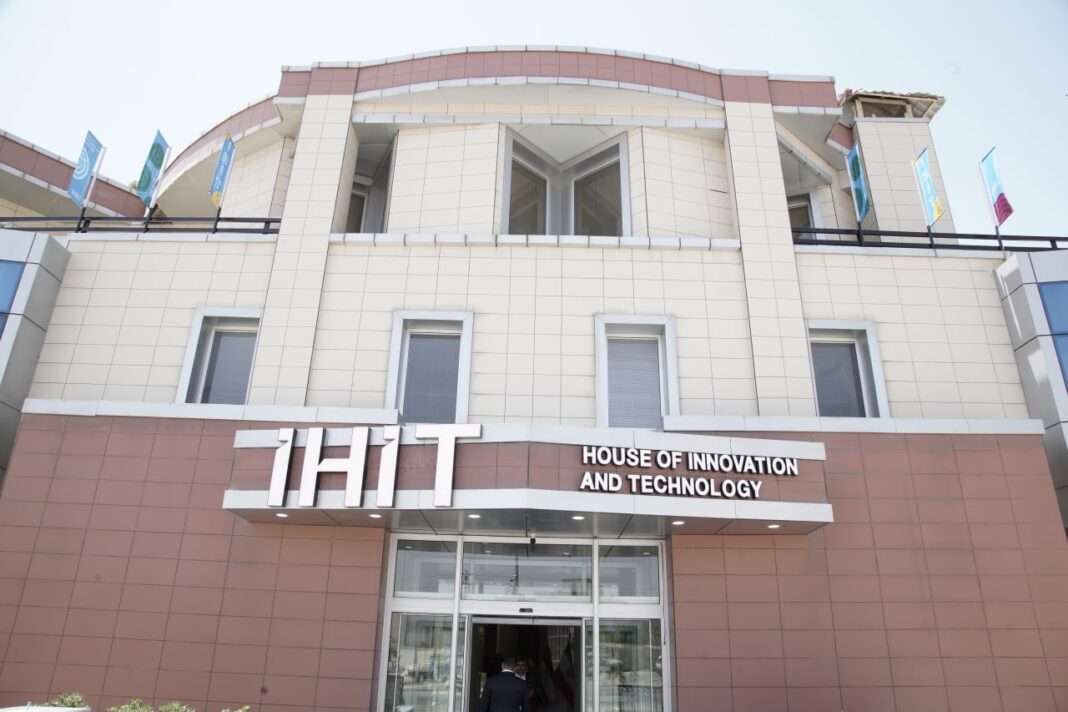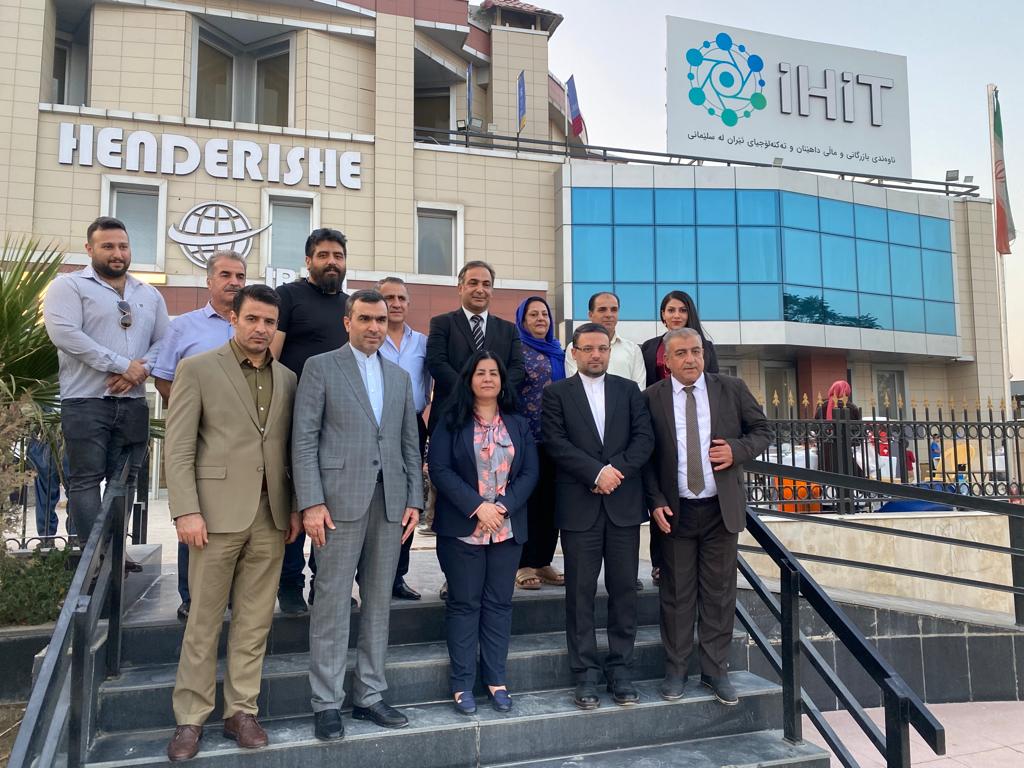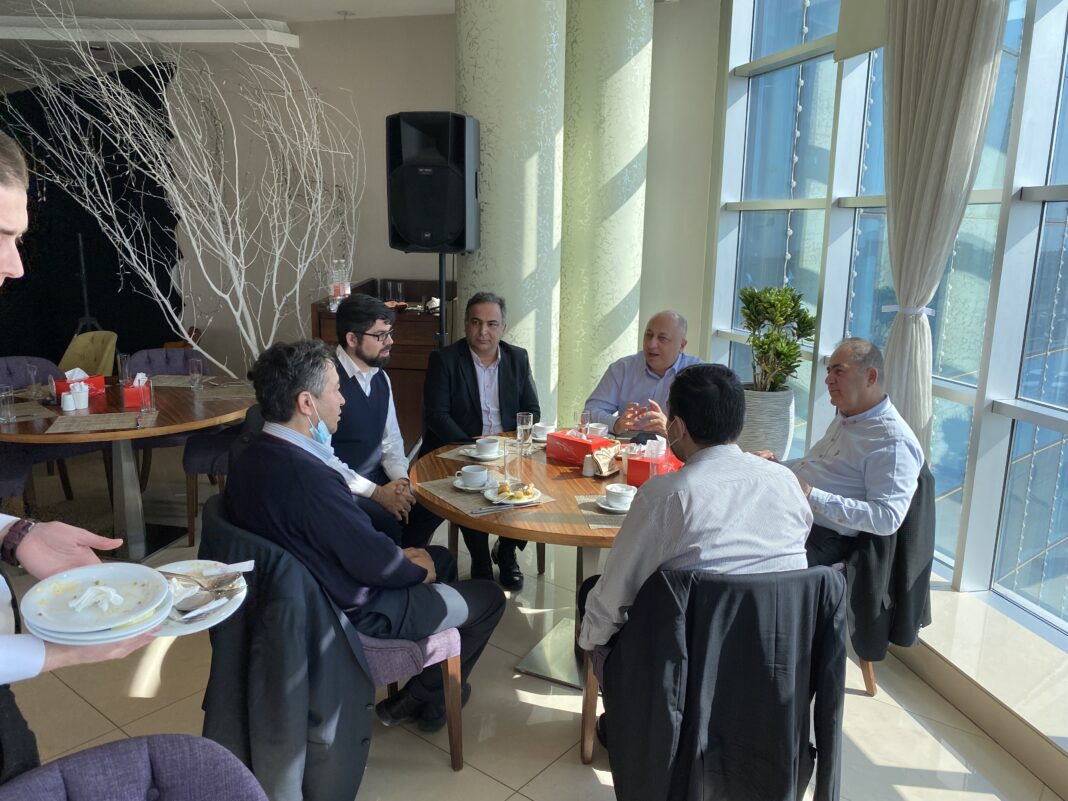1. Strengthening Trade Relations
Kurdistan is actively negotiating trade agreements with regional and global partners, aiming to expand exports and reduce dependency on imports. The focus is on oil, agricultural products, and industrial goods.
2. Free Trade Zones and Economic Incentives
The KRG is exploring free trade zones and business-friendly policies to attract foreign companies. Reduced taxes, streamlined regulations, and infrastructure improvements are key elements of these initiatives.
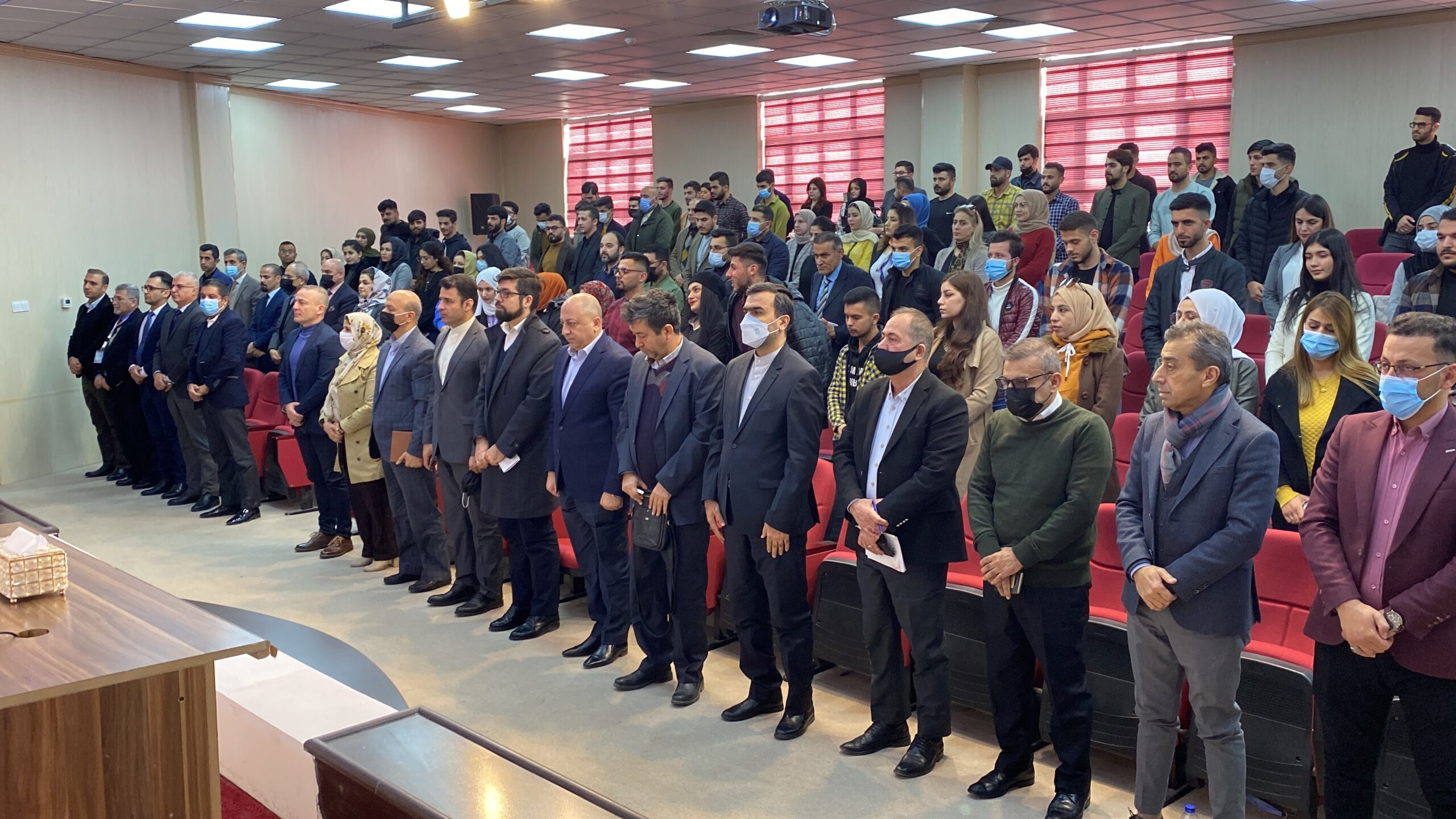
3. Import and Export Regulations
To align with global trade standards, Kurdistan is revising its customs and trade laws. These regulations aim to facilitate smoother trade flows, attract multinational corporations, and encourage local production.
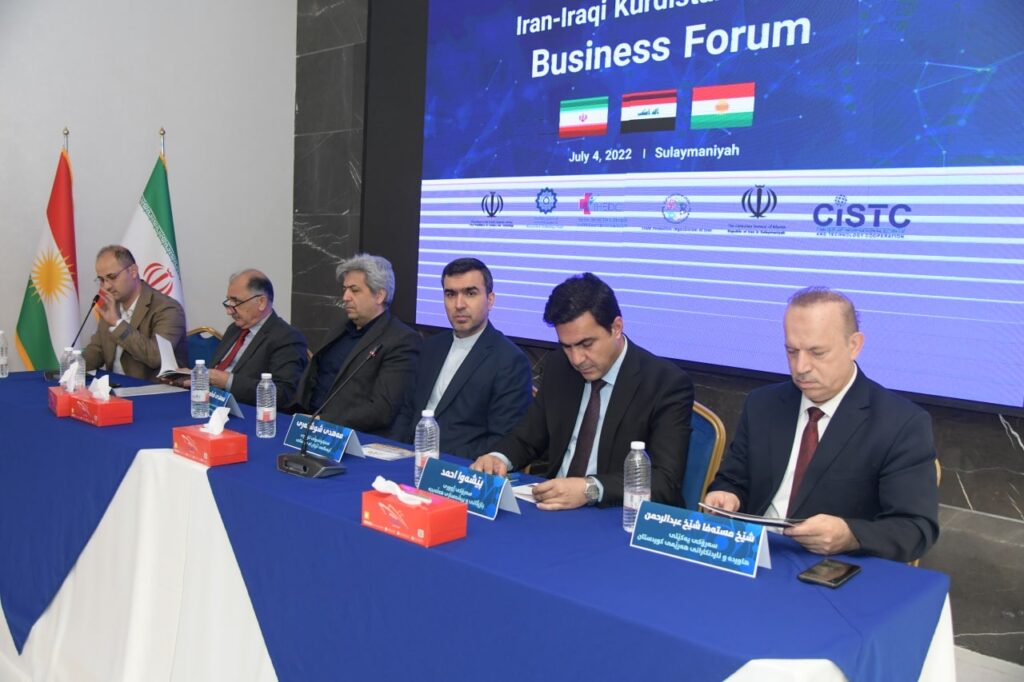
4. The Role of Digital Trade and E-Commerce
With the rise of online commerce and fintech solutions, Kurdistan is looking to modernize its trade sector. Digital payments, e-commerce platforms, and supply chain innovations are gaining traction in the local market.
5. The Future of Kurdistan’s Global Trade Position
As Kurdistan seeks to enhance its global economic footprint, continued infrastructure development, investment-friendly policies, and regional cooperation will be essential. If these strategies succeed, the region could become a key player in Middle Eastern trade and investment.

